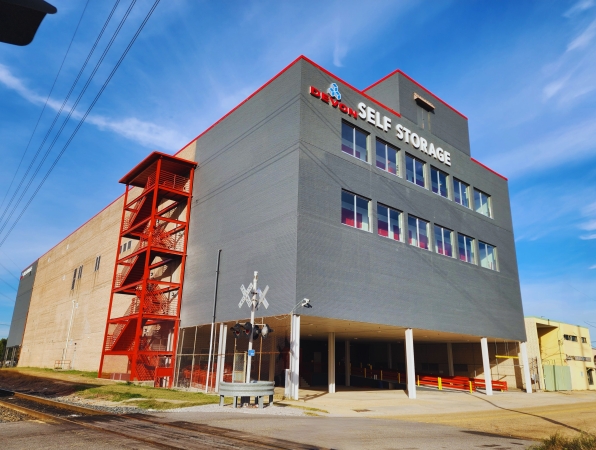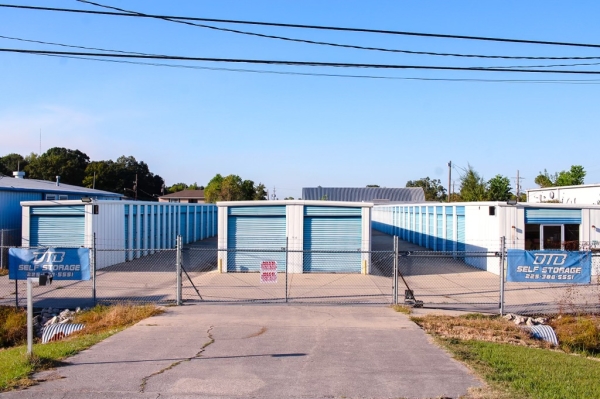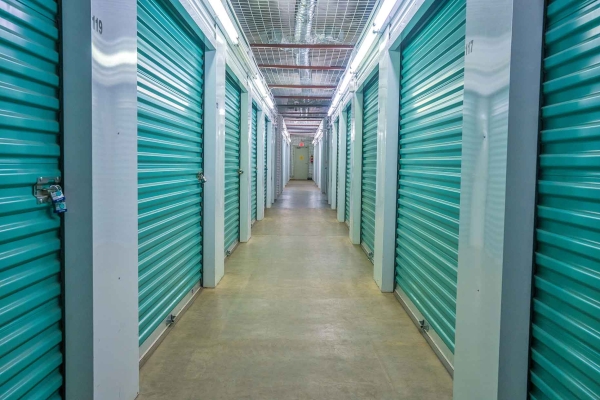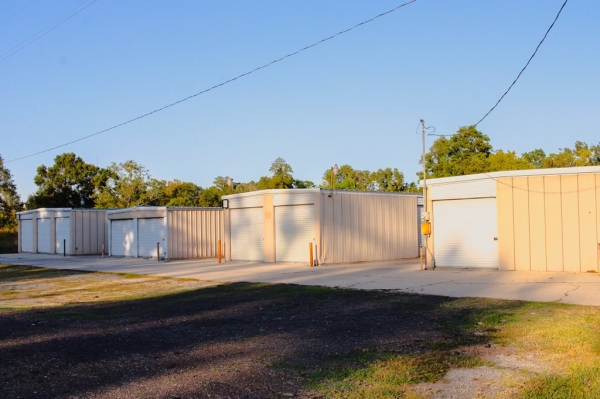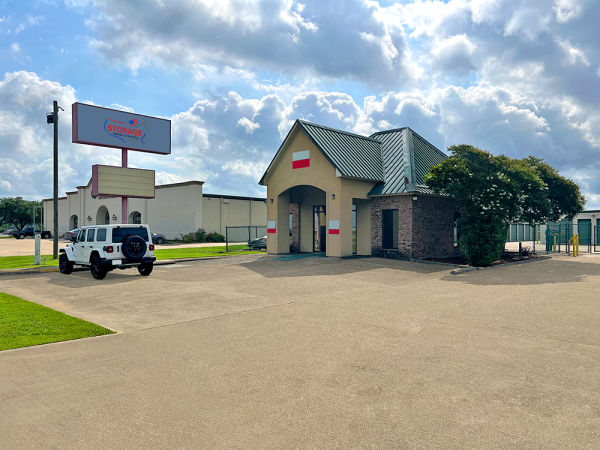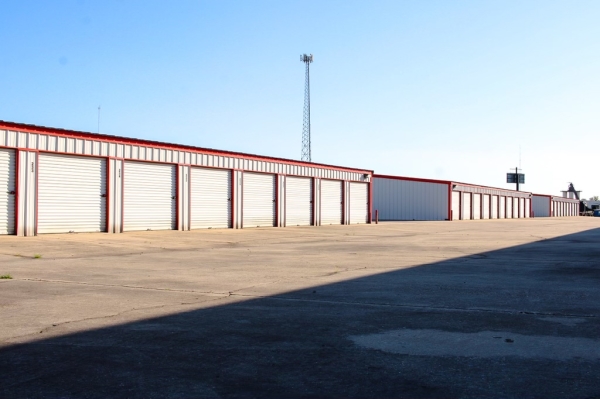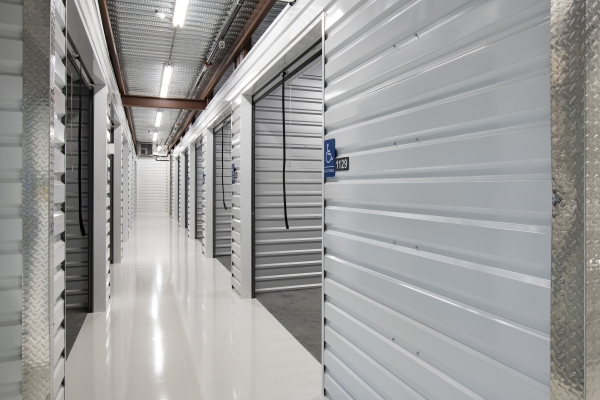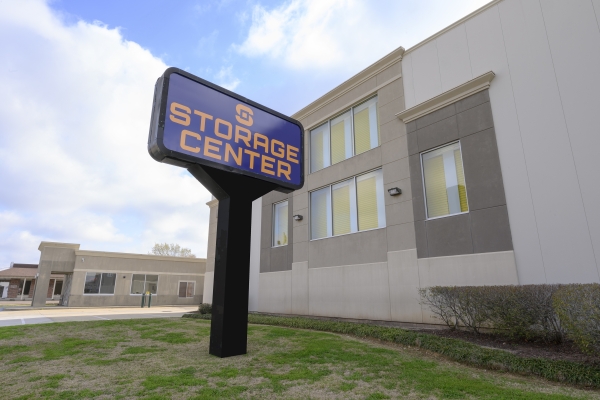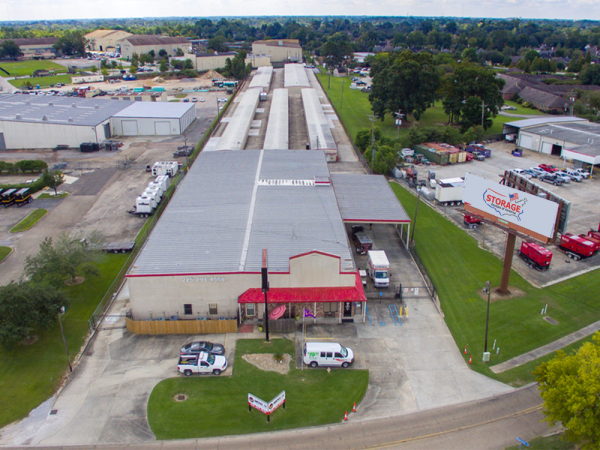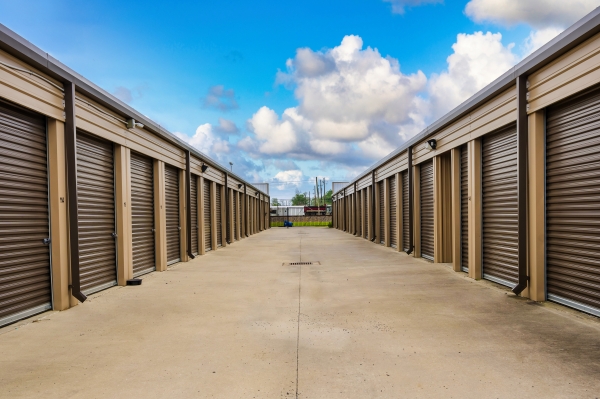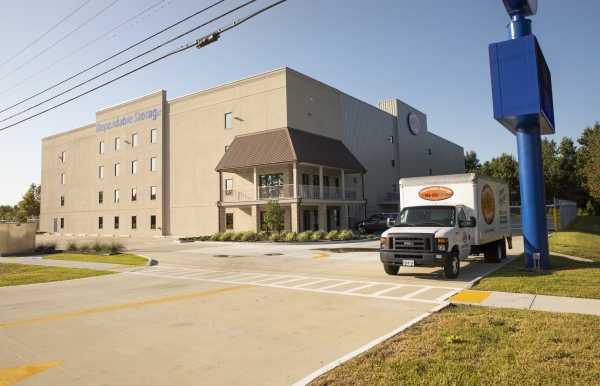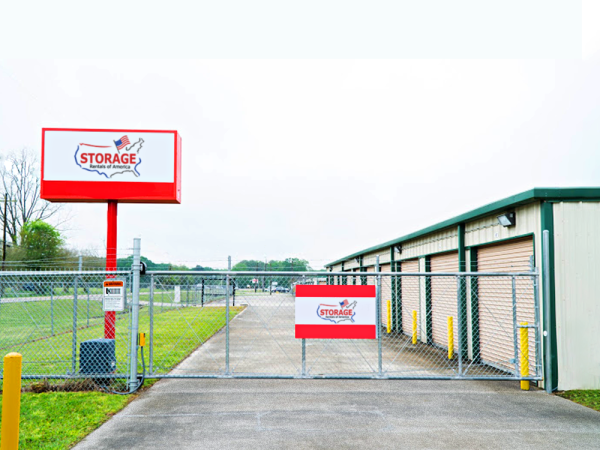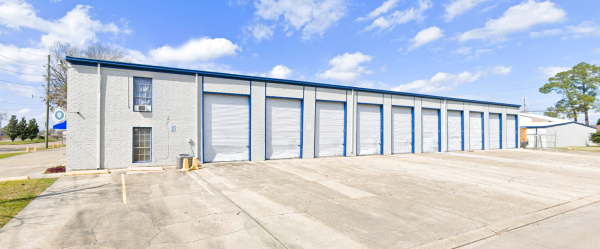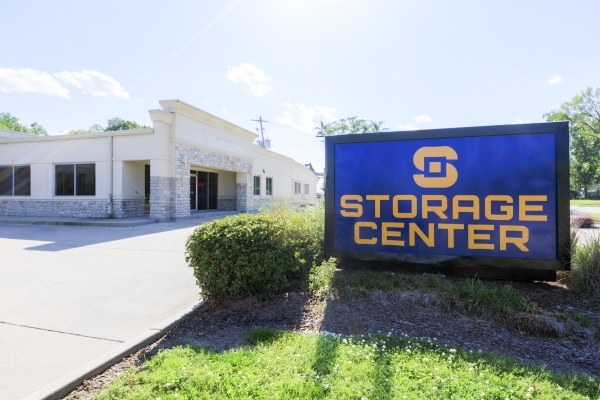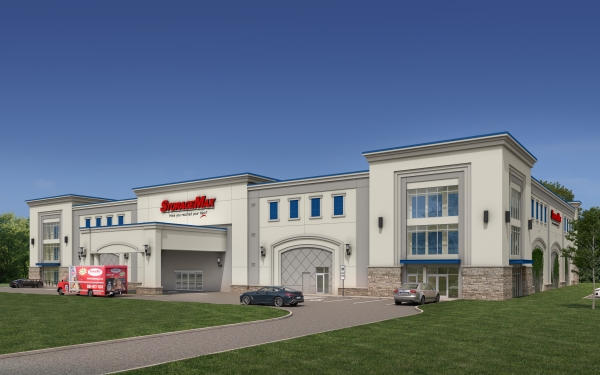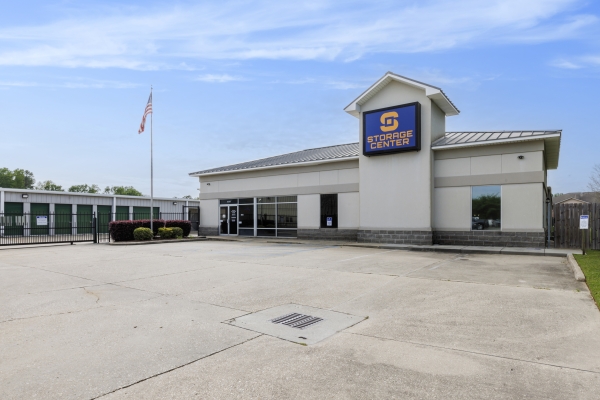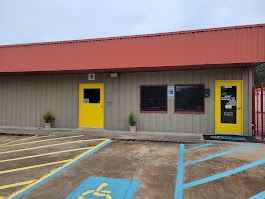The Cost of Self Storage in Baton Rouge, LA
Larger storage units in Baton Rouge are typically more affordable than the national averages. Compared to what customers typically pay across Louisiana and the nation, 10×20 units are the most affordable in the state capital with 5×5 being the most expensive size relative to what clients across the country are paying.
A variety of factors contribute to the costs of storage in Baton Rouge. During the peak of the academic year, there are more than 30,000 college students between Louisiana State University and Southern University. The fact that Baton Rouge residents typically earn 19% less per year than the average U.S. resident helps explain why the costs of most storage units are less than what customers across the nation typically pay.
Average cost of storage units in Baton Rouge, LA compared to state and national averages
| Size of Storage Unit | City Average | State Average | National Average |
| 5×5 | $43 | $35 | $41 |
| 5×10 | $48 | $53 | $59 |
| 10×10 | $80 | $76 | $95 |
| 10×15 | $99 | $96 | $113 |
| 10×20 | $104 | $132 | $133 |
What to Consider when Looking for Storage in Baton Rouge, LA
On a scale of 1 to 100, with 100 being high crime, property crime in Baton Rouge is rated as 66.4. Considering that the U.S. average property crime rate is 35.4, finding a storage facility with comprehensive security features is critical.
With high heat and humidity being the norm for significant portions of the year, climate-controlled storage is a must when stowing away important documents and electronics.
Additionally, it’s important to take into account Louisiana’s seasonal weather patterns and Baton Rouge’s topography. Parts of the city are known to flood during heavy rainfall from hurricanes and other storms, and with the city bordering the Mississippi River, heavy snowfall in the north can result in the river over-flowing weeks later and flooding surrounding areas as levees are toppled and spillways are opened. Obtaining storage outside of a flood zone should be strongly considered when comparing facilities.
Helpful Tips for Moving to Baton Rouge, LA
Although the average one-way commute in Baton Rouge is less than the national average, what would usually be a 20-minute drive can take as long as 75 minutes during peak traffic times. Care should be taken to avoid moving during large events such as LSU and Saints football games when traffic along I-10 experiences significant delays.
With an average annual temperature of 68 degrees, residents are encouraged to enjoy the outdoors. The city’s extensive bike lanes provide commuters a safe, economical way to travel to school and work. Additionally, Baton Rouge’s public transportation system, CATS, ensures residents have inexpensive access to the best of the state’s capital with its 30 routes running throughout the metro area.
Frequently Asked Questions
How much is self-storage in Baton Rouge, LA?
The average cost of self-storage in Baton Rouge ranges from $43 for a 5’x5’ unit to $104 for a 10’x20’ unit. Most units’ prices fall below the national and state averages, except for 5’x5’ units, which are slightly higher due to demand. Baton Rouge’s affordable rates are attributed to its reduced cost of living, which is 6.8% below the national average.
Is climate-controlled self-storage necessary in Baton Rouge, LA?
Baton Rouge has a subtropical climate with high temperatures and humidity, making storing vulnerable belongings in a climate-controlled unit essential. Items like documents, wooden furniture, and electronics are prone to environmental damage. To avoid cracking, warping, or discoloration, look for a unit that offers temperature and humidity control. With the city’s heavy rainfall, finding a facility outside the flood zone is crucial to protect your belongings from water damage.
How to get cheap storage units in Baton Rouge, LA?
While Baton Rouge self-storage costs are generally below the national and state averages, you can reduce your costs by comparing prices from local facilities. Many offer seasonal promotions or discounts for first-time renters, and some have reduced prices for those who rent for a longer term, are in the military, or refer others. You can also cut costs by choosing the smallest unit suitable, minimizing the amenities, and renting for a longer term.
Are storage units safe?
While most storage facilities have standard security measures such as locks, gates, and access control, your belongings are still at risk of theft and burglary. With Baton Rouge’s high property crime rate of 66.4, finding a unit with advanced safety amenities is essential. Look for a facility that offers video surveillance, security guards, and alarm systems to ensure adequate protection of your belongings.
Does home insurance cover storage units?
Most home insurance policies cover off-site items, such as those in a self-storage unit, at a capped rate of 10%. For example, if your standard policy covers up to $20,000 of damage for items in your home, it will cover the items in your unit up to $2,000. You can check with your provider to determine the amount of off-site damages covered. If you have high-value items in your unit, purchasing additional storage unit insurance is best to ensure your belongings are fully protected.
